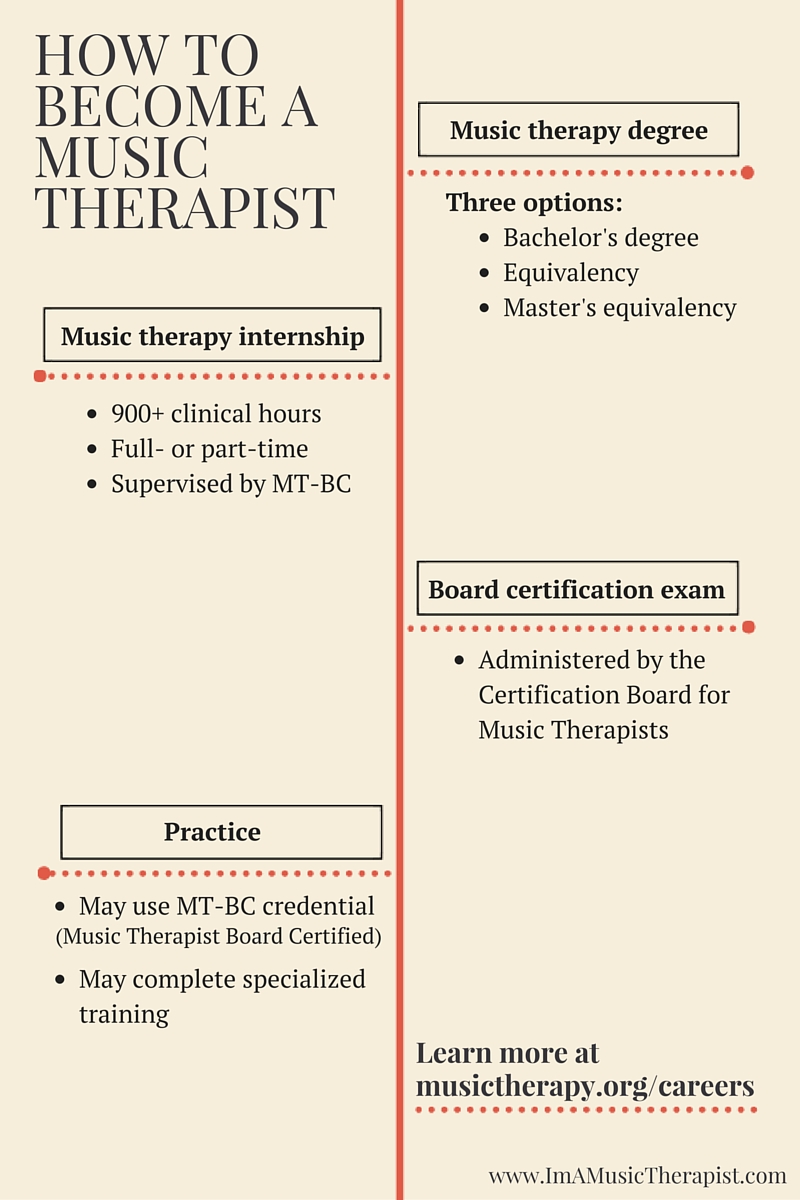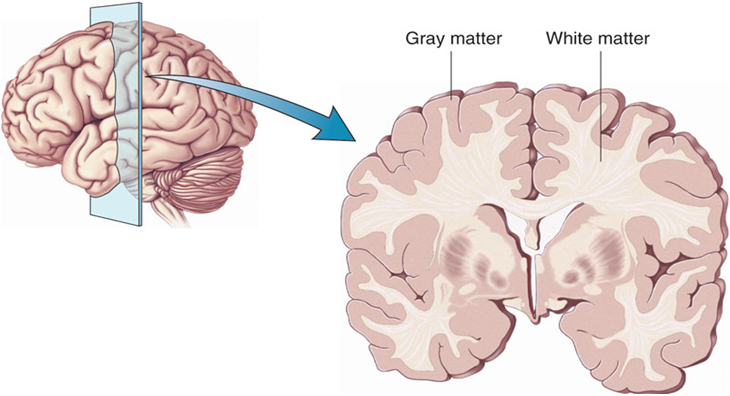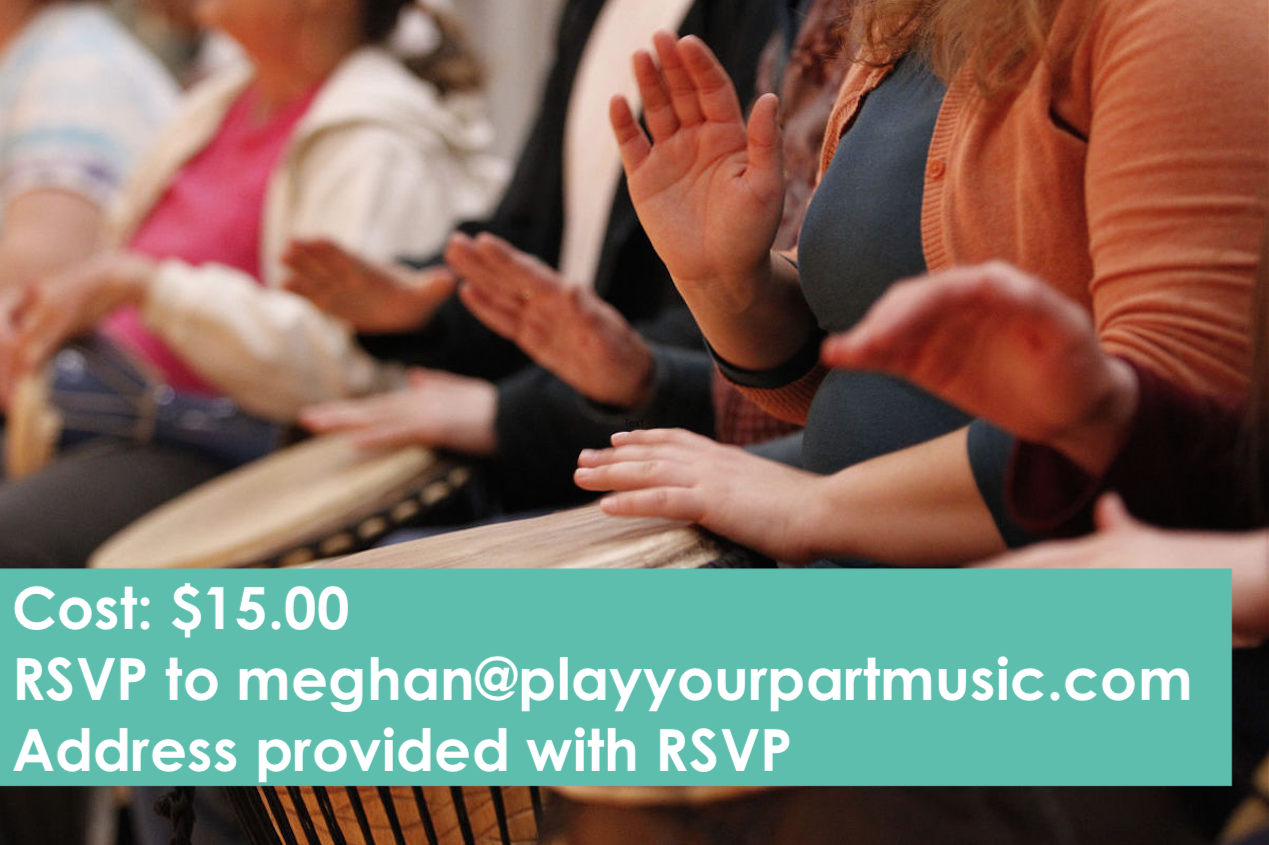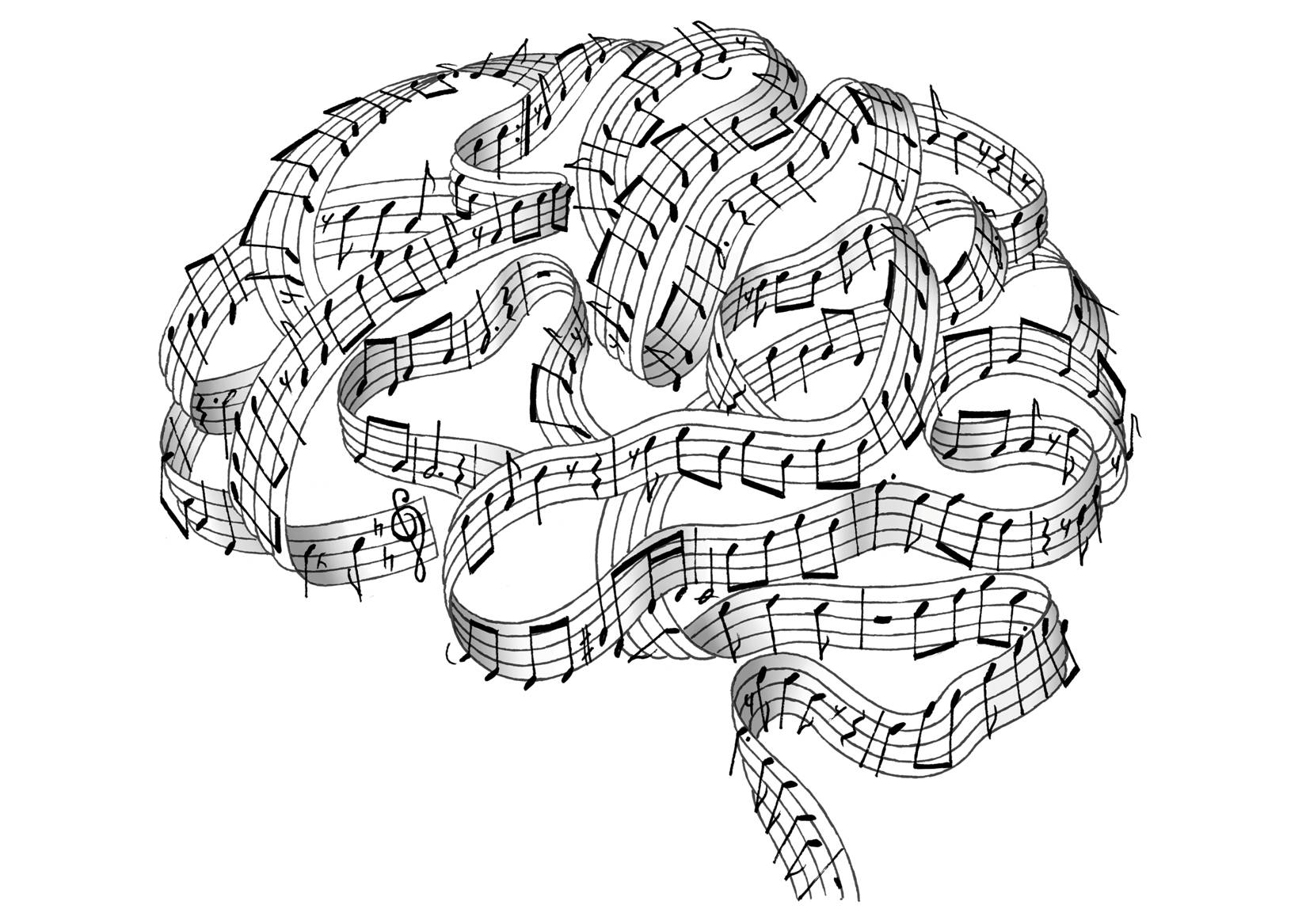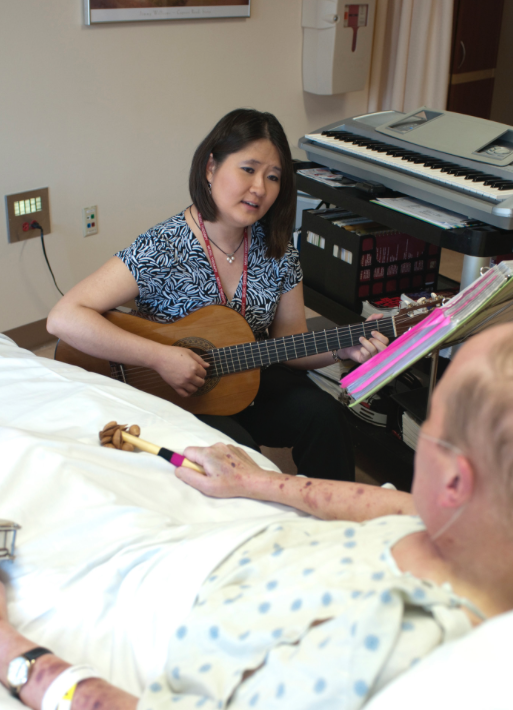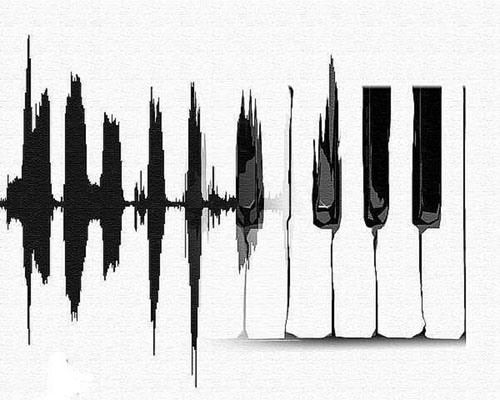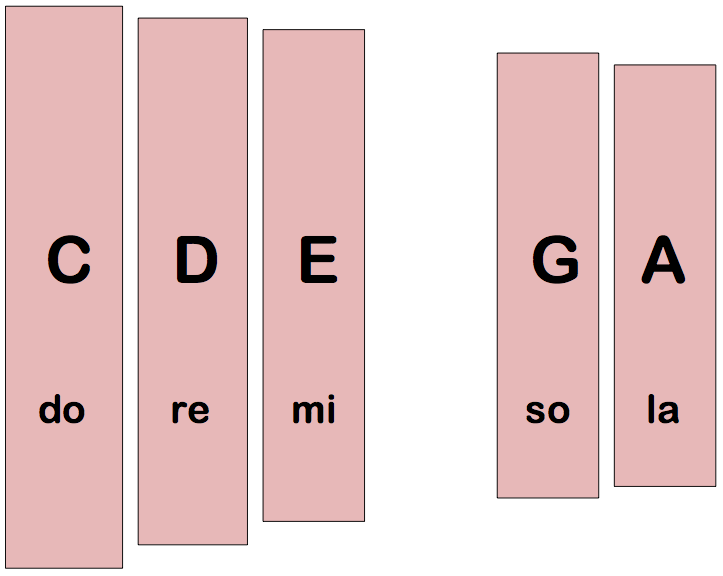Dr. Francis Collins, Director of the National Institutes of Health, Deborah Rutter, Director of the Kennedy Center, and renowned soprano, Renée Fleming, serving as an artistic ambassador for the Kennedy Center, sponsored an historic research workshop, “Music and the Brain: Research Across the Lifespan,” on January 26-27, 2017.
Attended by some 100 participants, the NIH workshop included 25 panelists, of whom eight were music therapists: Joke Bradt, Christian Gold, Deforia Lane, Sheri Robb, Ed Roth, Elizabeth Stegemoller, Michael Thaut, and Connie Tomaino.
Dr. Robb’s opening keynote, “Advancing the Science of Music Therapy in Healthcare,” established a strong foundation about music therapy as a profession and provided an overview of the state of music therapy research. A second keynote was presented by Dr. Nina Kraus, “Making Sense of Sound for Communication and Brain Health.” AMTA national office staff, Dr. Andi Farbman, Barbara Else, and Judy Simpson collaborated with planners to provide a comprehensive picture of music therapy research.
Dr. Collins summed up the meeting by stating that it was an “amazing outpouring of information and a wonderful body of knowledge on music therapy and the neuroscience of music.” He acknowledged that music therapists and neuroscientists have been working on parallel paths; it is now time, however, for them to work in much closer proximity and collaborate to advance the science. A trans-NIH working group, which is quite unusual, to explore the topic of music and the brain on a variety of questions including therapeutic applications and music therapy, is a possible next step.
source: musictherapy.org

